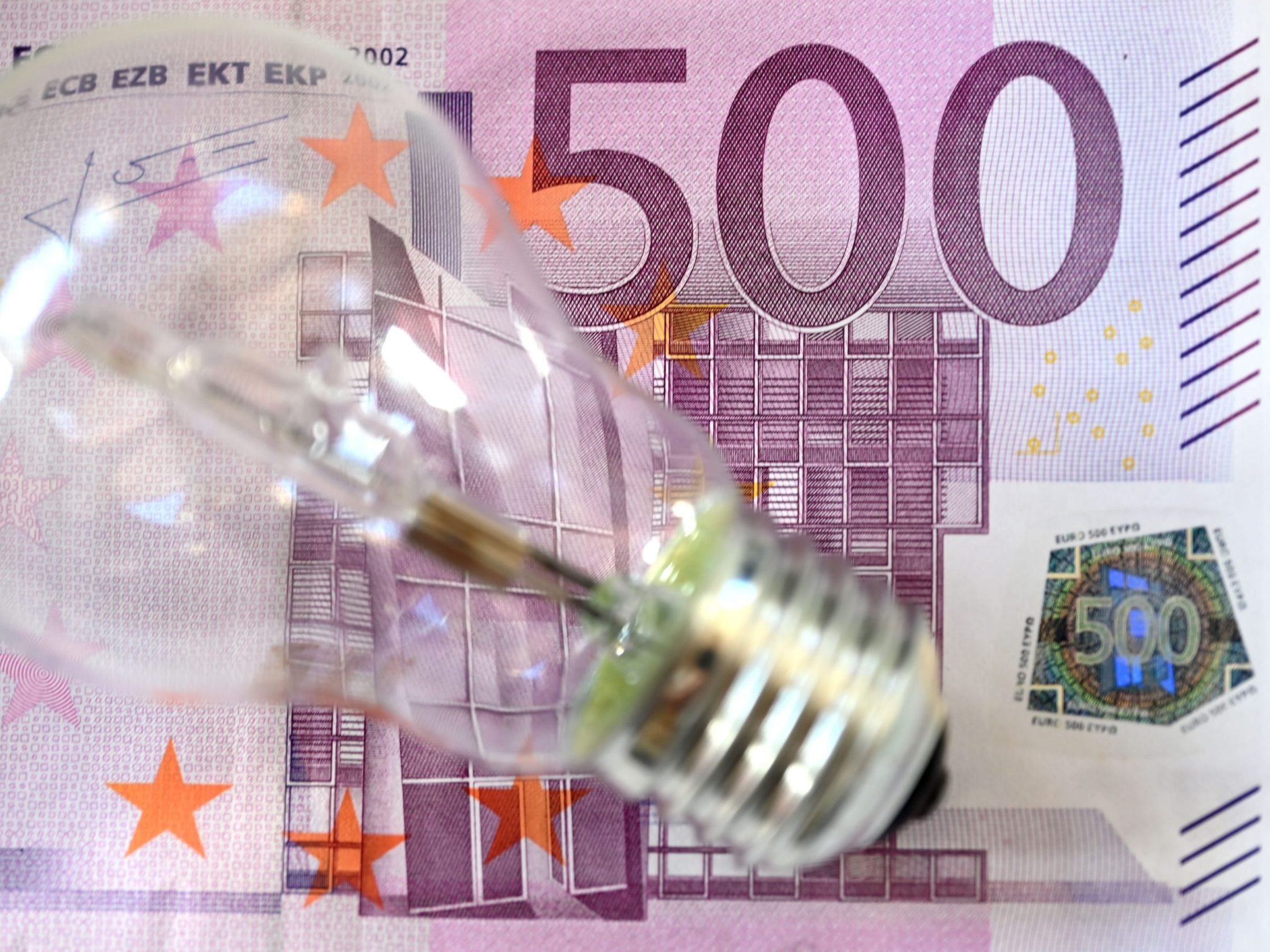Tightening of Energy Crisis Contribution Instead of Special Levy for Energy Companies

Instead of a special levy for energy companies, the "Energy Crisis Contribution" will be tightened compared to the original plans – the governing parties have agreed on this, as the Ministry of Finance announced on Friday. This is necessary to achieve the planned savings of 200 million euros. The "Energy Industry Transformation Contribution" is thus off the table, confirmed a spokeswoman for the Finance Minister. However, larger shares of the profits of electricity producers are to be siphoned off for budget consolidation.
Energy Crisis Contribution: Threshold for "Excess Profits" Drops to 90 Euros per MWh
The revenue threshold from which "excess profits" are to be siphoned off is now set at 90 euros per megawatt hour (previously 120 euros) according to the amendment to the Budget Consolidation Act, which is to be passed in the National Council on Friday. Everything that energy companies earn above this value per megawatt hour is to be taxed at 95 percent instead of the original 90 percent. For new facilities such as wind farms, the threshold is 100 euros, and the tax rate is also 95 percent. The extended Energy Crisis Contribution is to apply to all electricity producers from April 1, with the tax being calculated retroactively for the profits of the entire year.
"With the new regulation, we ensure budget consolidation without increasing energy prices and without stopping investments in renewable energy forms," explained Economics Minister Wolfgang Hattmannsdorfer (ÖVP) on Friday afternoon in a statement. "Security of supply, renewable energies, and stable prices remain the focus of our energy policy - without additional burdens for consumers," the minister promised. Renewable energies continue to play a key role in the domestic energy supply.
The SPÖ also expressed satisfaction with the regulation: SPÖ-Schroll on Excess Profit Tax: "With the SPÖ's participation in government, energy companies are now making a fair contribution to budget consolidation," said SPÖ energy spokesman Alois Schroll. In recent years, energy companies have made billions of euros in excess profits - the customers had to pay the price for it. The planned Energy Crisis Contribution contributes 200 million euros annually to budget consolidation. "This provides room for investments in education and health," said Schroll.
For the electricity industry, "this approach is the lesser evil," as the Secretary General of Oesterreichs Energie stated. Instead of an additional burden on electricity generation, the exact opposite is needed. "The decision now made, which takes into account investments in renewable expansion in the revenue siphoning, is seen as a commitment to the expansion of domestic electricity generation and to strengthening supply security," said Strugl.
The umbrella organization Renewable Energy Austria (EEÖ) sharply criticizes the tightened revenue siphoning, which was "pushed through in a cloak-and-dagger operation": "The willingness to invest in domestic electricity generation facilities is being slowed down and instead (nuclear) electricity imports are being promoted," noted Martina Prechtl-Grundnig, Managing Director of the EEÖ. "The electricity price for Austria's population and economy will be expensive and will continue to be exposed to unpredictable price fluctuations. This makes Austria as a location increasingly unattractive in the long term."
The IG Windkraft commented similarly on the innovation: The "measure of a tightened Energy Crisis Contribution will become a boomerang for Austria as a location and for affordable energy supply," warns Florian Maringer, Managing Director of IG Windkraft. "Lower and more expensive investments lead to higher energy imports from abroad and lower supply security."
(APA/Red)
This article has been automatically translated, read the original article here.





